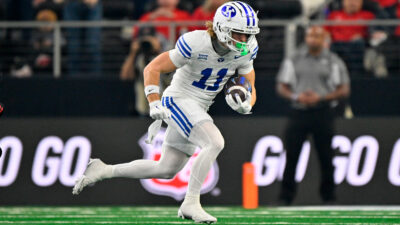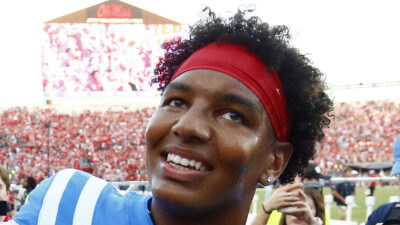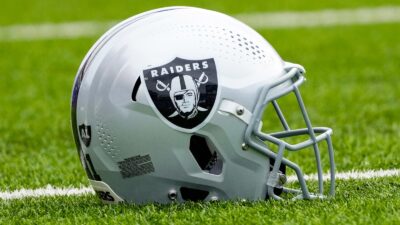 In an interview with ESPN, Penn State president Rodney Erickson acknowledged that the school was almost given a historic four-year “death penalty” by the NCAA.
In an interview with ESPN, Penn State president Rodney Erickson acknowledged that the school was almost given a historic four-year “death penalty” by the NCAA.
Speaking on “Outside the Lines” Wednesday, Erickson recalled being told by NCAA president Mark Emmert last Tuesday that a majority of the NCAA’s leadership wanted to shut down the university’s football program for four years.
“Well, that’s a pretty tough number to swallow,” Erickson said he thought at the time. “It’s unprecedented. It’s a blow to the gut; there’s no doubt about that … I couldn’t agree to that at all.”
Almost immediately after the Freeh Investigation’s findings were released two weeks ago, many called for the NCAA, if it were to get involved at all (no given), to give the program the death penalty. The length of the death penalty, however, was always a matter of opinion. No athletic program ever given the death penalty got it for more that two seasons (SMU’s infamous two-year death sentence included one self-imposed year). That four seasons was the preferred punishment speaks volumes to the degree of egregiousness Penn State acted in the NCAA’s eyes. More from ESPN:
Almost immediately after that conversation, intensive discussions between Penn State and the NCAA began in earnest, Erickson said. Penn State lobbied for the NCAA to take the death penalty off the table, and the NCAA described a series of other sanctions, both “punitive and corrective” in nature. […]
After five days of intense discussions last week, Erickson and Emmert agreed last Sunday to the historic punishment of a $60 million fine, a four-year postseason ban, significant loss of scholarships and the vacating of 14 years of 112 Penn State victories, causing Joe Paterno to fall from first to eighth on the Division I all-time coaches’ win list.
Not to downplay the penalties ultimately leveled, but Penn State clearly dodged a huge bullet. Not to mention the other athletic programs at the school that rely on of the revenue the football team funnels into the athletic department. Because, unfortunately, people still think about money even on the heels of the most appalling of crimes.











